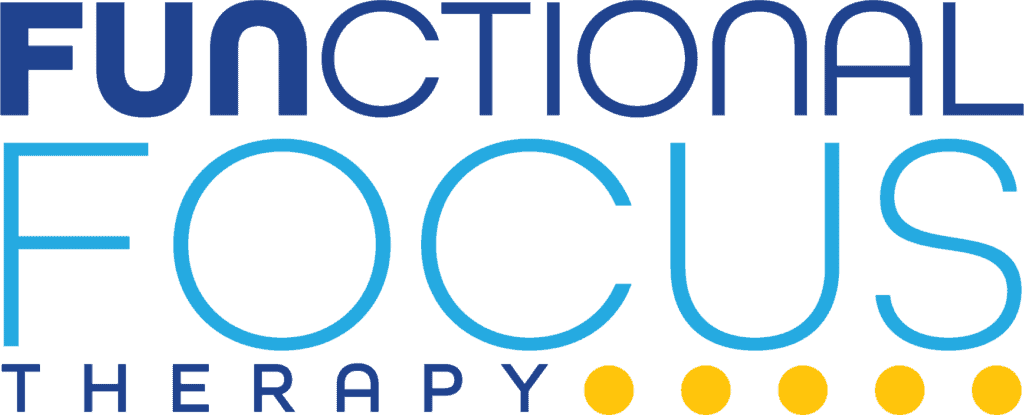Its been ‘staff review’ week here in the office which has taken a fair portion of all of our time (and probably peaks and troughs of worry…I mean “did I really do that well ALL YEAR?). But don’t worry, not all is to be despaired, we use our reviews as our ongoing commitment to making all staff feel heard, valued and supported while simultaneously fulfilling our responsibility to make sure we are challenging and renewing our professional knowledge.
Outside of the more formal stuff, 2 skills and 1 activity (done in a variety of ways) have been living rent free in Luke’s mind over the last 2 weeks. They are praxis and motor planning. Both are related to ones motor ability with praxis being the ‘larger skill’ which motor planning is a part of. Praxis and motor planning are vital in a persons ability to come up with, and execute, how to use their body to navigate the dynamic world around them.
Let me give you an example. Oh hey baby gate i’ve never seen or used before – let me use my praxis and motor planning to figure out where to stand, what to hold, which part to move and how much force to use so I can open you up and walk through. Or probably more importantly, how to close you up so the baby cant get in the dogs water bowl AGAIN.
One way that I have been working on this in our clinic this week has been using obstacle courses that finish with the child needing to use a key to unlock a padlock. The changing obstacles in the obstacle course require gross motor motor planning while the lock and key is a functional fine motor task that children need to figure out.

Praxis and motor planning are all about experience and exploration. Only provide the amount of help your child needs to do things, and let them do the rest for themselves. You can shape their experience by using everyday items in different ways, with different outcomes. For a little extra support, try verbalising what your child’s body part “has to do” to almost ‘coach’ them in figuring out specific motor problems.
Speak soon!
Luke – Occupational Therapist
